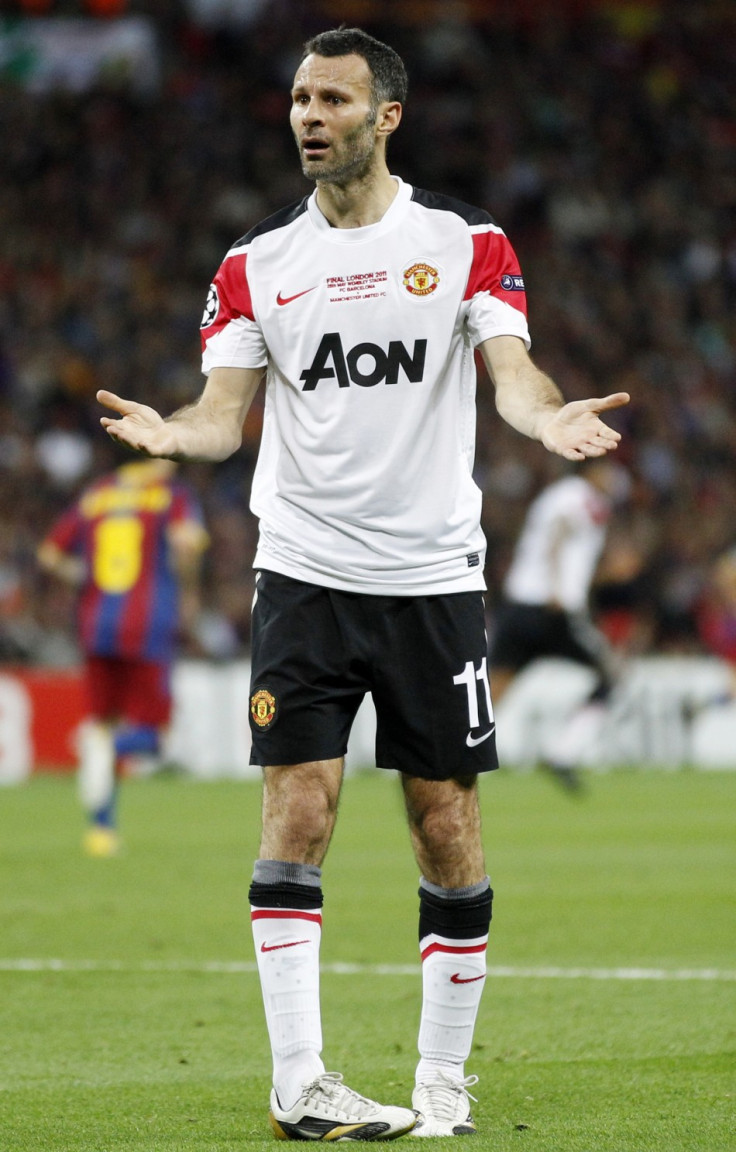Celebrity injunctions: Ryan Giggs falls victim to the 'Streisand effect'

Salacious news stories left on the wires can often have unintended and hilarious consequences. Last month Manchester United midfielder Ryan Giggs became the latest public figure to learn the futility of suppressing secrets in the online age.
The 37-year old obtained an injunction -- n.b. Ryan Giggs never obtained a super injunction, there have only been two new super injunctions in the past year, one lasting seven days and the other overturned on appeal -- at great personal expense (an injunction can set you back up to £50,000) to prevent details of an alleged affair with the glamour model Imogen Thomas from being shared with the general public.
Taking into account how innocent the web looked just ten years ago, it's safe to assume that this process might have worked then. Today, however Giggs would have attracted far less attention if he'd let The Sun run the story in the first place. Yes, his indiscretions would have been available for public consumption but the ebb and flow of scandalous celebrity gossip is such that his story would doubtless have been overtaken by another spicy tidbit within a matter of days.
Giggs' story was leaked, as stories always are, and the attention and media glare was ratcheted up tenfold as thousands of Twitter users took gleeful liberties with contempt of court. Liberal Democrat MP John Hemming provided a focus for the bitter invective by naming Giggs in parliament, the one place in the U.K. where free speech is unambiguously protected. A victory for truth was declared.
It's eerie how the hysteria surrounding the current privacy debate and the use of injunctions was predicted, almost to the letter, by a similar episode involving Barbra Streisand in 2003.
The Streisand effect (2003) began when an aerial archivist uploaded 12,700 sequential panoramic pictures of the Californian coastline to a website to highlight the degree of coastal erosion and to promote the environmental conservation of the stretch of land, the Irish Times reports.
One of those photos contained an aerial view of Barbra Streisand's Malibu mansion. Streisand filed a suit to prevent the image being made public, citing privacy laws. Once it became known that Streisand had obtained a gagging order, 420,000 people visited the website. Prior to the lawsuit the photograph of Streisand's house was only viewed six times and two of those were by her own attorneys.
The episode eventually spawned its own name, The Barbra Streisand effect and a website (thestreisandeffect.com -- "When trying to block information backfires"). Eight years on, the lesson seems even more pertinent, the force of new media will always outplay the once immovable court injunction. Celebrities will need to work with, not against, the Streisand effect.
© Copyright IBTimes 2025. All rights reserved.




















